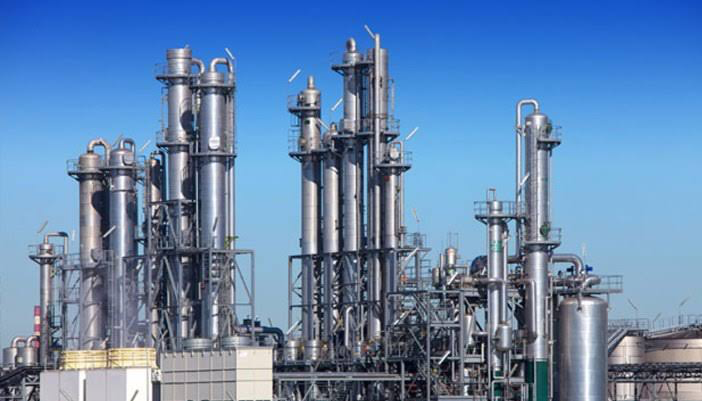In the heart of Nigeria’s oil-rich Niger Delta, the potential of modular refineries to significantly enhance the nation’s energy sector is being stifled by the challenge of stranded crude oil. At the Nigeria Energy Downstream Forum during the Nigerian International Energy Summit (NIES) 2024 in Abuja, the Chairman of the Crude Oil Refiner Owners Association of Nigeria (CORAN), Mr. Momoh Oyarekhua, shared this pressing concern. Oyarekhua’s insights shed light on the obstacles faced by modular refineries in accessing crude oil, an issue that not only hampers the growth of the refining sector but also underscores a broader inefficiency within the energy value chain.
The dilemma stems from numerous crude oil sites across the Niger Delta that lack pipeline connectivity, rendering the transportation of crude oil to refineries a formidable challenge. This situation has led to what Oyarekhua describes as stranded crude, a resource that remains untapped due to logistical constraints. The inability to efficiently evacuate crude oil from these sites to refineries for processing is a glaring bottleneck in the country’s ambition to bolster its refining capacity. Oyarekhua’s call for granting access to this stranded crude to entities that are in dire need highlights a critical step towards optimizing the utilization of domestic crude oil resources.
The narrative within Nigeria’s oil sector has long been dominated by the lure of export revenues. Many companies engaged in oil production and exploration prioritize exports to capitalize on foreign exchange earnings. This export-centric approach, however, is paradoxical. While the nation earns foreign currency through crude oil exports, it concurrently expends a substantial portion of these earnings to import petroleum products. Oyarekhua poignantly criticizes this cycle as economically counterproductive, emphasizing that over 40% of Nigeria’s foreign exchange is consumed by petroleum product imports. This scenario underscores a missed opportunity for economic self-sufficiency and reinforces the argument for a strategic shift towards enhancing domestic refining capabilities.
CORAN’s position is clear: the potential for investment in the refining sector is immense, with current capacities allowing for the refining of 27,000 barrels of crude oil per day. The association underscores the indispensable role of refining in the energy value chain, arguing that without a robust refining sector, the downstream segment cannot thrive. The absence of sufficient refining capacity not only limits the availability of petroleum products but also places Nigeria in a precarious position on the global stage, where it finds itself in the unenviable position of scrambling for crude buyers.
The push for increased local refining is rooted in a vision for economic resilience and autonomy. By boosting domestic refining, Nigeria can mitigate the need to import premium motor spirit (PMS) and other refined products, thereby reducing its vulnerability to the fluctuations of international crude and currency markets. Oyarekhua advocates for a concerted effort to enhance local refining capacities, suggesting that the government should implement targeted frameworks to support and incentivize local investors in this sector. Such initiatives could pave the way for not only meeting domestic consumption needs but also for exporting refined products, generating additional foreign currency revenues, and creating employment opportunities.
CORAN’s call for doubling support for local refineries resonates with the broader objective of alleviating the challenges faced by the downstream sector. By fostering a conducive environment for the growth of modular refineries, Nigeria can achieve more consumer-friendly pricing for PMS and other locally produced petroleum products. The strategic enhancement of local refining capabilities is presented as a pivotal move towards securing Nigeria’s energy future, sustaining the gains made in the oil and gas industry, and positioning the country as a self-sufficient player in the global energy market.
As the Nigerian government and stakeholders in the oil sector contemplate the path forward, the message from CORAN is unequivocal: unlocking the full potential of modular refineries through improved access to stranded crude and increased investment in refining infrastructure is imperative. This approach not only promises to revitalize the nation’s energy sector but also to catalyze economic growth and stability. The time is ripe for Nigeria to recalibrate its strategy, shifting from an export-dominated paradigm to a more balanced and self-reliant energy ecosystem.



